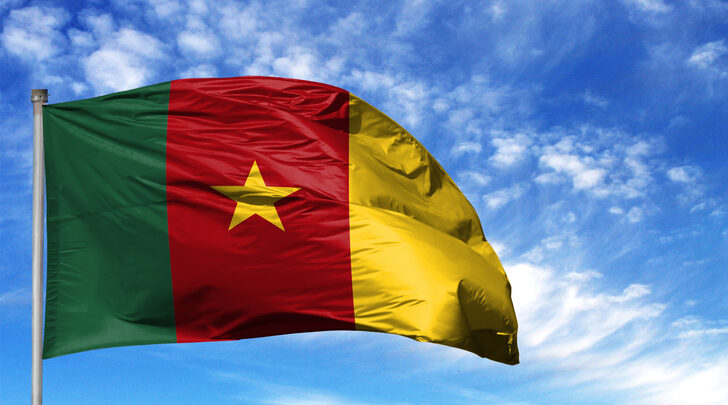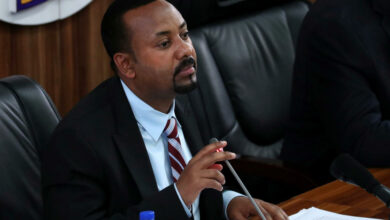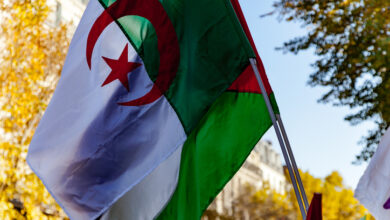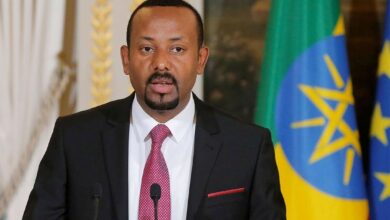World
UN Security Council Member States Meet To Discuss Cameroon Crisis

Some of the United Nations Security Council member states had an informal meeting on Monday to discuss the worsening humanitarian crisis in Cameroon’s Anglophone region, reported Africa News. The informal meeting was organized even after objections from the council’s three African members and strong opposition from the Cameroonian government.
While addressing the informal Security Council meeting on the humanitarian situation in the central African nation on Monday, Mark Lowcock, the U.N. humanitarian chief, said Cameroon is currently facing worsening violence and conflict and the number of people needing humanitarian assistance has increased to 4.3 million people, up 30 percent as compared to last year. He said eight of Cameroon’s 10 regions are affected by one of three concurrent humanitarian crises.
“Last year, 160,000 people were estimated to need humanitarian assistance in the Northwest and Southwest regions,” Lowcock told the meeting attendees. “Today, there are not 160,000, but more than 1.3 million people – at least eight times as many in need.”
This means one in six Cameroonians need aid, with more than half of them being children. The country’s Northwest and Southwest regions have been struggling with instability since fighting broke out in 2017 when English-speaking teachers and lawyers protested against Francophone dominance. Armed rebels took over the movement and demanded independence for an English-speaking state called “Ambazonia.” Their demands were met with a government crackdown. More than 1,500 people have been killed so far and a half-million internally displaced.
Lowcock said the U.N. and nongovernmental groups are seeking $299 million to reach 2.3 million people, but, so far, only $38 million has been received.
“This year, the U.N. and NGOs are looking for $300 million to reach 2.3 million people, including one-third of them in the Northwest and Southwest regions,” the U.N. humanitarian chief said.
The Cameroonian Ministry of External Relations later issued a communique to deny reports of a UN Security Council Meeting on the Anglophone region crisis.






